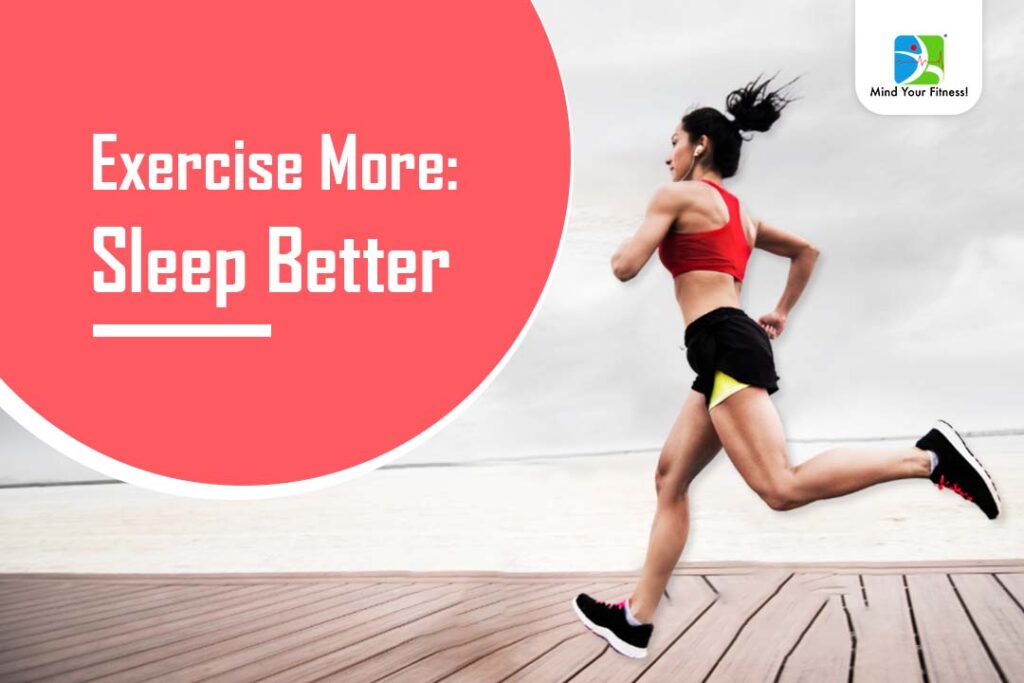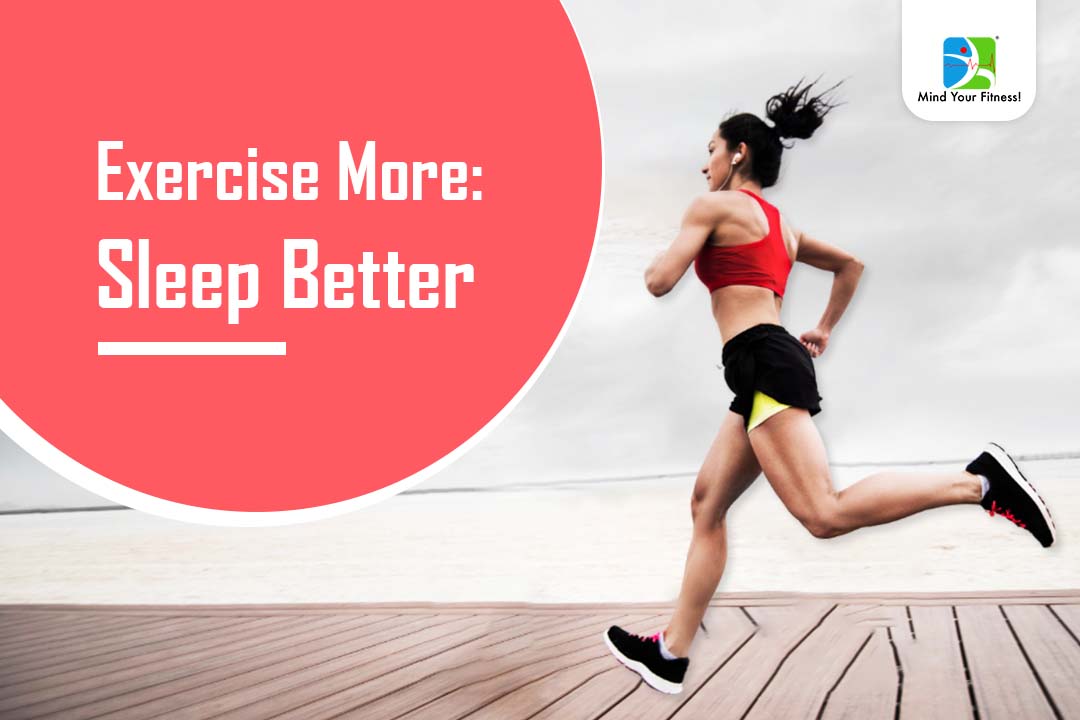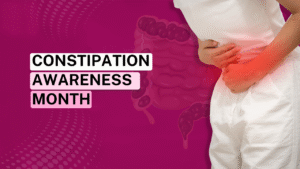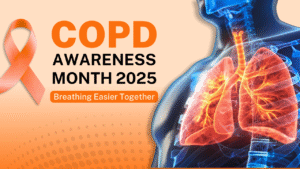
Exercise and sleep have a robust relationship.
Exercise improves sleep, while better sleep makes it easier to stick with an exercise program.
If you don’t get the proper amount of sleep, how are you supposed to find the time, energy, and motivation to exercise?
The solution is to use one to fix the other.
Ideally, the exercise program will include a mix of cardio and resistance exercise. A greater duration contributes to larger improvements in sleep according to studies. The benefits are seen almost within the same day: Today’s workout will improve tonight’s sleep.
Studies show that resistance exercise promotes better sleep than other workouts specially among those who are inactive and poor sleepers.
Resistance exercise even at moderate intensity (10-12 repetitions at 50-80% 1 rep max) showed positive effects such as:
1. Sleep duration increased by 13 minutes.
2. Improved sleep efficiency, or the ratio of total sleep time to time in bed.
3. Sleep latency, or the time needed to fall asleep, decreased by 3 minutes.
It seems to enhance the release of certain hormones, like testosterone and growth hormone, which are associated with better sleep.
Another proposed mechanism is that microscopic damage from exercise could provide an extra signal to the body to rest for repair.
Keep exercise 5-6 hours away from bedtime if you are a poor sleeper.
Also note that when you just begin an exercise program or increase intensity, you may sleep more. If you are waking up groggy or in pain or sleeping much longer than average requirements for your age, you might be overtraining.
Evidence is growing that exercise may counteract the negative effects of poor sleep. The latest such study (1) published in the European Journal of Preventive Cardiology, suggests that higher volumes of exercise can virtually eliminate the risk of early death associated with sleeping too little or too long.
This study is unique because it used accelerometers (motion-tracking sensors) to quantify sleep and physical activity. Other studies usually rely on participants reporting their own data, opening the door to false reports and mistakes.
In short, exercise more to sleep better to exercise more!
~ Dr. Pranjali Palkar, Sports Physiotherapist
Reference:
1. Joint association of physical activity and sleep duration with risk of all-cause and cause-specific mortality: a population-based cohort study using accelerometry.
European Journal of Preventive Cardiology,29 March 2023.





